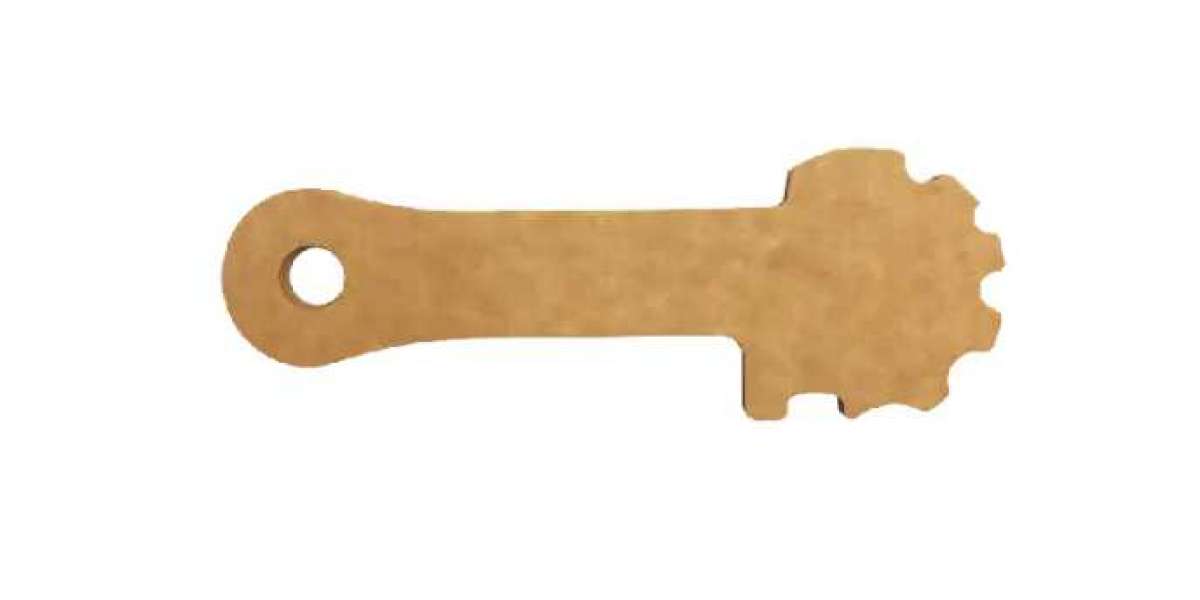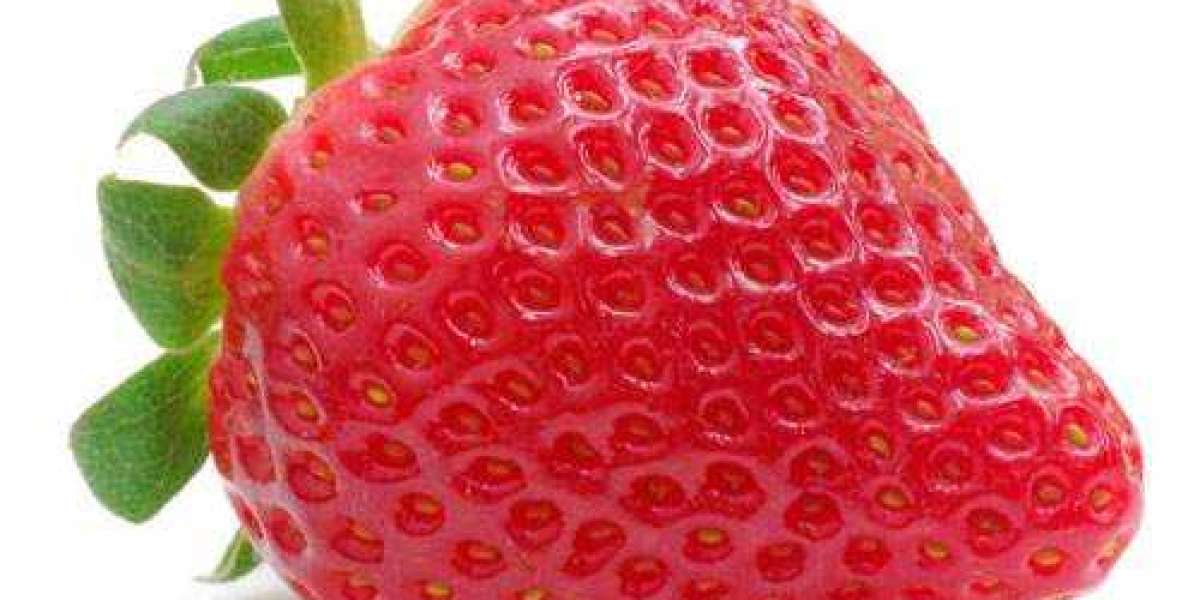Chopping board fiber, made from natural plant materials, offers an eco-friendly alternative to traditional plastic and wood chopping boards. These boards not only perform well but also help reduce environmental waste.
Fiber chopping boards are typically made from compressed plant fibers, such as bamboo, coconut husk, or other renewable plant materials. These materials are biodegradable and can be composted at the end of their life cycle, offering a sustainable option for conscientious consumers. This makes them a much better choice for those looking to minimize their carbon footprint compared to synthetic materials that take longer to break down.
Another eco-friendly aspect of fiber chopping boards is their durability. Unlike plastic boards, which can crack, warp, or become scratched over time, fiber boards maintain their integrity even after heavy use. This reduces the need for frequent replacements, ultimately reducing waste and contributing to a longer product life cycle.
Moreover, chopping board fiber is often produced through environmentally responsible methods. Many manufacturers use minimal processing techniques and avoid the use of harmful chemicals, ensuring that the boards are safe for both the user and the planet. This is especially important for those looking to create a more sustainable, chemical-free kitchen environment.
In conclusion, chopping board fiber offers an environmentally friendly and practical solution for food preparation. With their durability, sustainability, and biodegradability, these boards help reduce waste while providing an efficient and safe surface for food handling.








